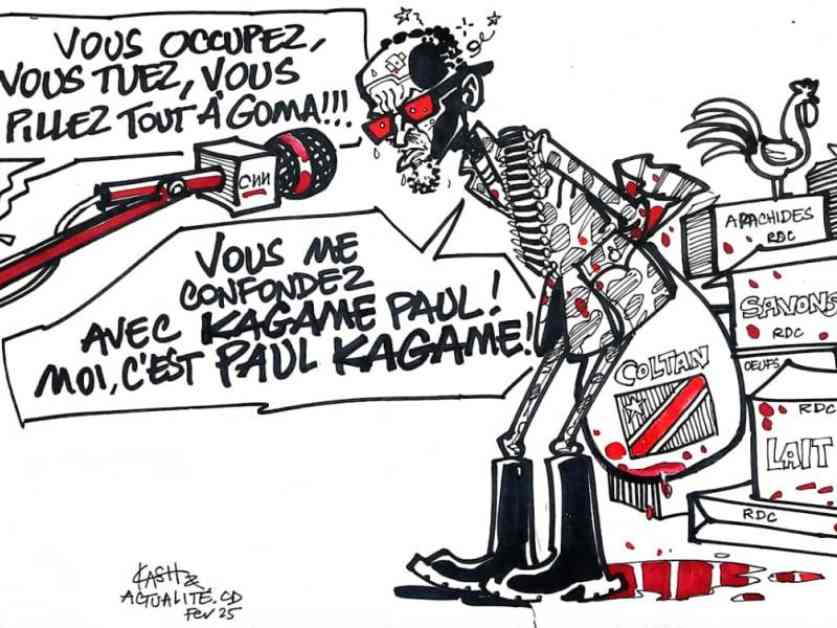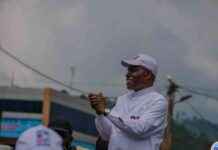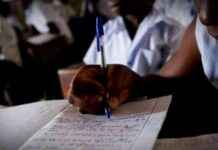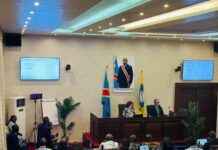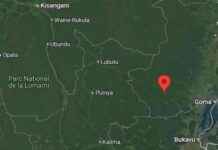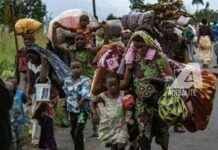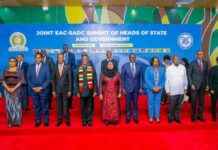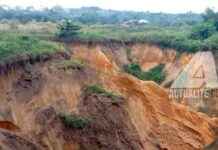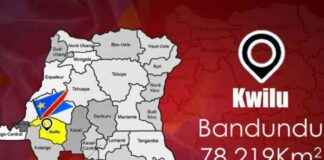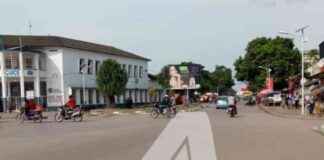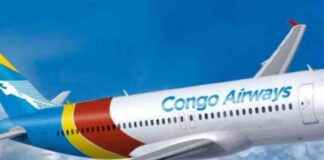The Eastern Democratic Republic of Congo has been gripped by conflict for over three decades. Various rebel groups, including the M23, have been wreaking havoc in multiple areas, challenging the Congolese armed forces and causing immeasurable harm to the population. Recently, the M23, in collaboration with the AFC movement led by Corneille Nangaa, has been making territorial advances in Congolese territories, including Goma, the capital of North Kivu province, and Nyabibwe in South Kivu.
Amidst these troubling developments, numerous reports from the United Nations have highlighted the presence of Rwandan troops among these rebels, spreading terror and devastation among the local population. It is alleged that the Kigali regime systematically supports these armed movements to further their mission of exploiting Congolese minerals—a support vehemently denounced by Kinshasa, which has called for international sanctions.
Despite these accusations, the Rwandan government, under the leadership of President Paul Kagame, has consistently denied any involvement in supporting rebels in Eastern DRC. In a recent interview with American news network CNN, President Kagame claimed ignorance regarding the presence of Rwandan troops on Congolese soil, stating that he was unsure if his troops had crossed the border.
In Goma, Rwandan Defense Forces (RDF) have reportedly ransacked several installations, including those of the Industry Promotion Fund (FPI) and the National Social Security Fund (CNSS), looting funds, vehicles, and equipment, as per eyewitness accounts. The National Independent Electoral Commission (CENI) was also raided on January 28th and 29th, with electoral equipment and personnel abducted and transferred to Rwanda.
The toll on human lives has been devastating, with the government reporting nearly 1,000 deaths and close to 3,000 injuries. Meanwhile, UN organizations estimate nearly 3,000 deaths resulting from clashes between M23 rebels and the Congolese Armed Forces (FARDC), which led to the fall of Goma between January 26th and 30th.
Expert Insights on Regional Conflict
Amidst the ongoing turmoil in Eastern DRC, regional experts and analysts have raised concerns about the escalating violence and the possible implications for stability in the region. Dr. Josephine Mumbua, a conflict studies specialist, emphasized the need for diplomatic solutions to address the root causes of the conflict. “The situation in Eastern DRC is complex, with historical grievances and external influences exacerbating the current crisis. It is imperative for regional leaders to engage in dialogue and find peaceful resolutions to prevent further loss of life and suffering,” Dr. Mumbua stated.
Moreover, geopolitical tensions and resource competition in the Great Lakes region have added another layer of complexity to the conflict. Dr. Kwame Asante, a political scientist, highlighted the strategic interests of neighboring countries in the DRC’s resources. “The presence of foreign troops and support for rebel groups reflects a broader power struggle for control over valuable minerals and territory. Without concerted efforts to address these underlying issues, the cycle of violence is likely to continue,” Dr. Asante warned.
International Response and Calls for Accountability
The international community has been closely monitoring the situation in Eastern DRC, with calls for accountability and justice growing louder. Human rights organizations, such as Amnesty International and Human Rights Watch, have documented human rights abuses and violations committed by various armed groups in the region. These organizations have urged for independent investigations into the alleged involvement of Rwandan troops and other actors in the conflict.
In response to mounting pressure, diplomatic efforts are underway to address the crisis and prevent further escalation. The United Nations Security Council is set to convene to discuss the situation in Eastern DRC and explore potential measures to restore peace and stability in the region. The African Union and other regional bodies have also expressed their commitment to finding a peaceful resolution to the conflict, emphasizing the importance of upholding international law and protecting civilian populations.
As the world watches the unfolding events in Eastern DRC, the urgent need for a coordinated and comprehensive approach to address the root causes of the conflict has become increasingly evident. The fate of the Congolese people and the stability of the region hang in the balance, underscoring the critical importance of swift and decisive action to bring an end to the violence and suffering.
